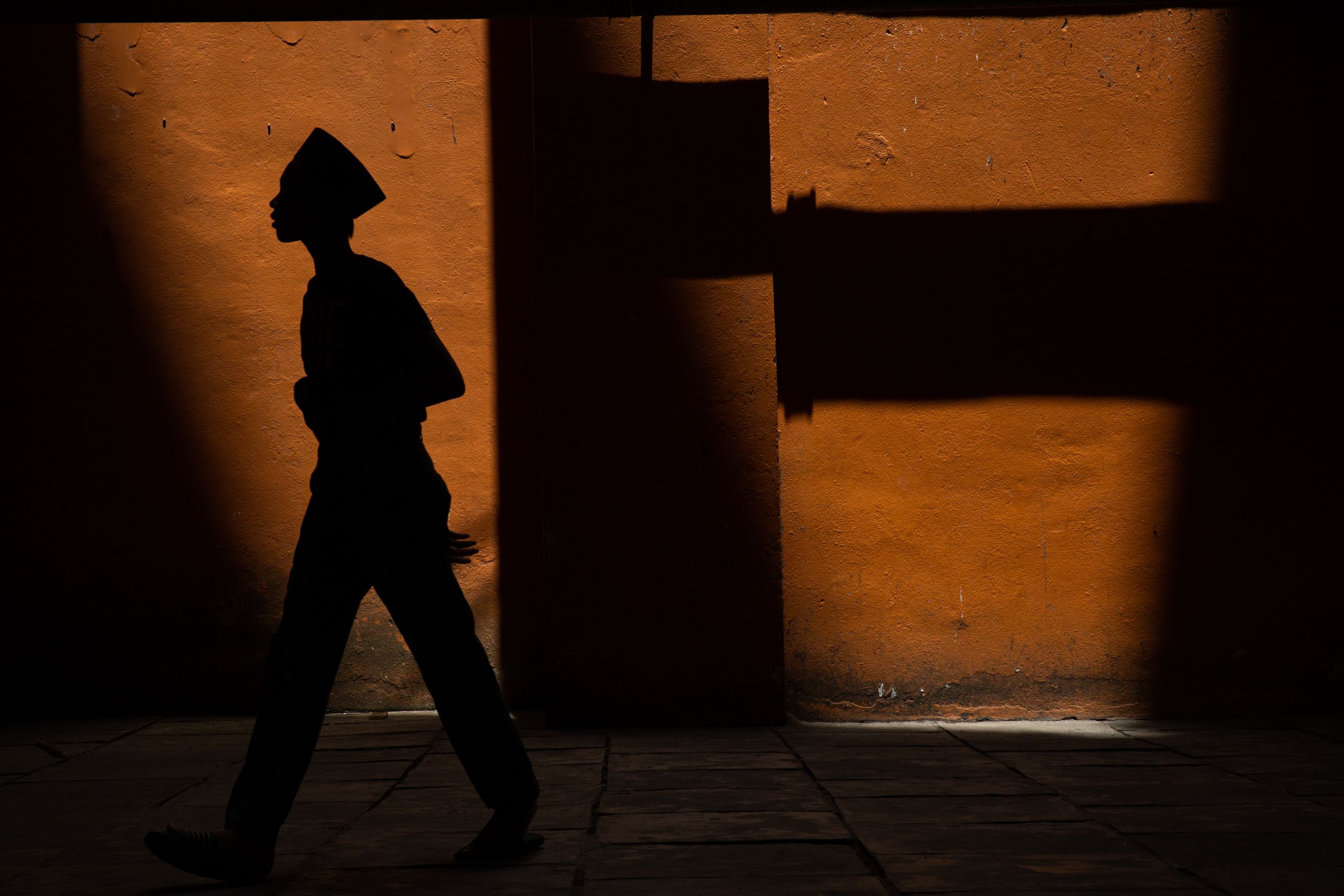Rohingya in Malaysia
“I sleep where I can… I survive as best I can”

In 2016, 50-year-old Shor Muluk embarked on a treacherous journey to Malaysia, fleeing violence against the Rohingya in Rakhine State, Myanmar. Leaving his wife and three children behind, he paid smugglers to transport him to Thailand. He spent seven days languishing on a crowded boat before being taken to a camp deep in the Thai mountains. There, Rohingya were beaten until their relatives sent the smugglers more money. Those whose families could not pay were killed, their bodies removed in the dead of night.
Having run out of money and fearing execution, Shor Muluk planned his escape. He waited until nightfall then fled into the jungle, spending weeks walking without knowing where he was headed. Somehow, he reached Malaysia and was lucky enough to be taken in by a Rohingya family. He worked in construction until the leg injuries he sustained during his beatings in Thailand became too much to bear. “I don’t have enough money to pay for housing,” explains Shor. Now reliant on handouts from others, he says: “I sleep where I can … I survive as best I can.”
Shor Muluk, 50 years old | Photographer: Arnaud Finistre
Shor Muluk, 50 years old | Photographer: Arnaud Finistre

Shor Muluk is just one of 177,690 registered refugees and asylum seekers in Malaysia, the vast majority of whom are from Myanmar. Some 97,750 are Rohingya refugees, making them the largest refugee group in the country. Rohingya have been coming to Malaysia to escape discrimination in their native Rakhine State since the 1990s, and with the camps in Bangladesh offering few prospects for the future, more continue to arrive.
While the urban environment in Malaysia offers refugees and asylum seekers some anonymity, there are few safety nets. Just like many other countries in the region, Malaysia has not ratified the 1951 UN Refugee Convention, which means asylum seekers and refugees are effectively criminalised by domestic law. Refugees can register with the UNHCR, but they don’t receive much assistance, cannot legally work and face limited access to education, healthcare and other social services.



Living in constant fear of arrest, detention and even deportation pushes refugees and other undocumented people underground. Most are reluctant to venture outside, and delay seeking healthcare even in emergencies in case hospital staff report them to immigration services.
In order to survive, many refugees are forced to turn to jobs in the informal sector, working dirty, dangerous and difficult jobs such as daily work in construction or agriculture. Undocumented people in Malaysia are trapped in a vicious cycle, which they pay for with their physical and mental health.”
Beatrice Lau, MSF Head of Mission in Malaysia
They risk being exploited, blackmailed or underpaid, and workplace accidents are common.


To respond to the clear gap in services for this vulnerable group, MSF has been providing healthcare to Rohingya and other refugee and undocumented migrant communities in the Malaysian state of Penang since 2015. In addition to running mobile clinics, MSF opened a fixed primary healthcare clinic in October 2018 in Butterworth, a Penang neighbourhood where many undocumented migrants and refugees reside.
Between October 2018 and August 2019, MSF carried out 6,770 consultations at its fixed clinic and 1,996 at mobile clinics. Mental health education, psychosocial support and counselling services are also available. In addition, MSF can refer especially vulnerable refugees to the UNHCR; we have made 489 such referrals since between October 2018 and August 2019.
Kairul, a Rohingya man who fell two floors while working at a construction site, is examined by a nurse ahead of his doctor’s appointment. He is comforted by his relatives and another MSF medic at MSF’s clinic in Penang. | Photographer: Arnaud Finistre
Kairul, a Rohingya man who fell two floors while working at a construction site, is examined by a nurse ahead of his doctor’s appointment. He is comforted by his relatives and another MSF medic at MSF’s clinic in Penang. | Photographer: Arnaud Finistre
A building in the Bukit Gudung district where several Rohingya families live. Penang | Photographer: Arnaud Finistre
A building in the Bukit Gudung district where several Rohingya families live. Penang | Photographer: Arnaud Finistre


MSF has also extended its healthcare to other vulnerable groups, providing primary health care, referrals and psychosocial and counselling services in five government protection shelters for survivors of trafficking in Kuala Lumpur, Negeri Sembilan and Johor Bahru. MSF, in collaboration with the NGO MERCY Malaysia, also conducts mobile clinics and water and sanitation upgrades at Belantik detention centre, where many refugees and undocumented migrants are held.
MSF is also working with other actors, such as UNHCR and Mercy Malaysia, together with Malaysia's Ministries of Health and Home Affairs, on longer-term improvements in access to healthcare for refugees. This includes advocating for firewalls between health care provision and immigration enforcement at public health facilities, and developing sustainable health-financing schemes, such as health insurance. In addition, MSF is working to sensitise staff in Malaysia’s public healthcare system towards the vulnerabilities and healthcare needs of undocumented patients.




